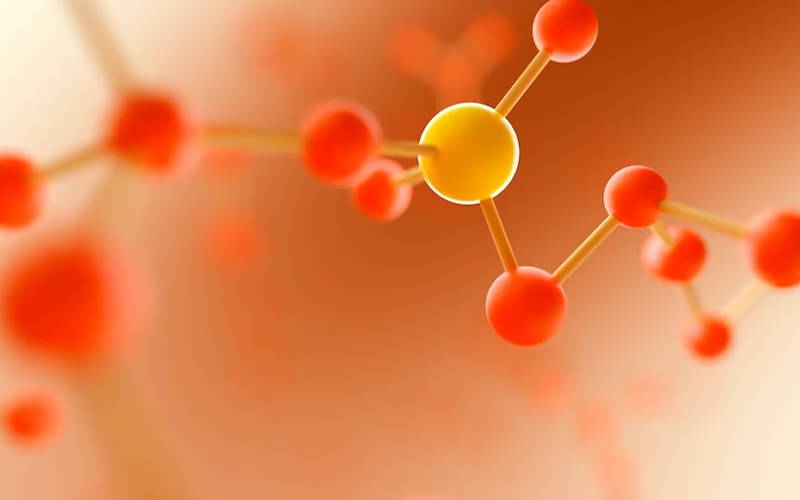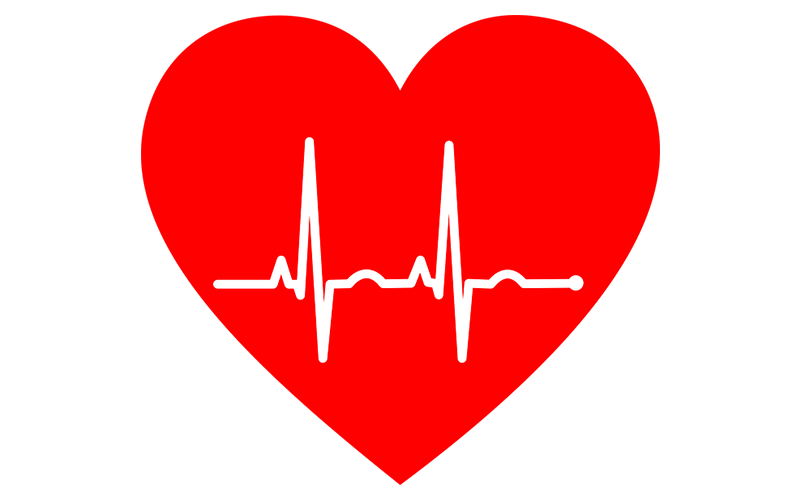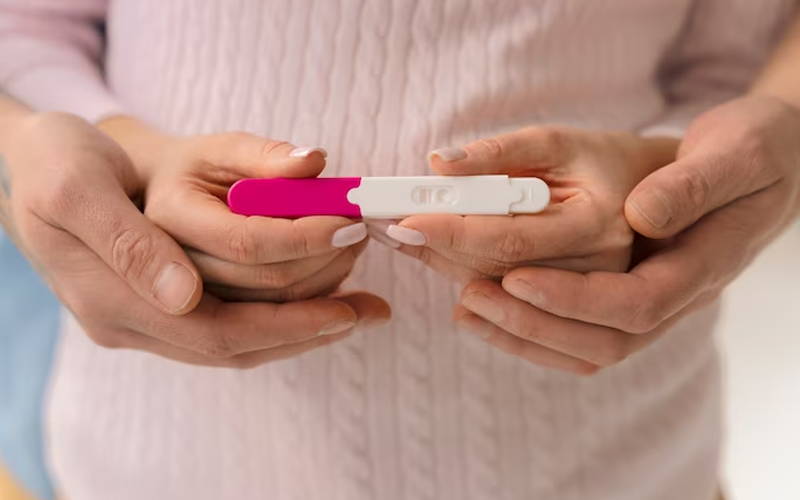Did you know that a powerful antioxidant exists in our body, which not only plays a crucial role in energy production but also provides numerous health benefits? It's called ubiquinol, the active form of coenzyme Q10 (CoQ10). In this blog post, we'll explore the incredible world of ubiquinol, from its role in energy production to ubiquinol side effects on heart health, fertility, brain health, exercise performance, and even anti-aging properties. So let's dive in and uncover the incredible ubiquinol benefits for optimal health!
Short Summary
- Ubiquinol is the active, antioxidant form of CoQ10 with a recommended dosage range of 100mg or higher.
- Ubiquinol plays an important role in cellular energy production and offers protection against oxidative damage to support heart health, fertility & reproductive health, brain function & cognitive performance as well as exercise performance.
- Consider food sources rich in CoQ10/ubiquinol and seek medical advice before supplementing for optimal safety and effectiveness.
Ubiquinol Benefits: The Active Form of CoQ10

Ubiquinol vs. Ubiquinone: The Two Forms of CoQ10
The Role of Ubiquinol in Cellular Energy Production
Age-Related Decline in Ubiquinol Conversion
The Powerhouse Antioxidant: Ubiquinol's Impact on Oxidative Stress

How Ubiquinol Protects Cells and Mitochondria
Potential Health Benefits from Antioxidant Activity
Supporting a Healthy Heart with Ubiquinol

Improved Heart Function and Reduced Oxidative Stress
Blood Pressure Regulation and Cholesterol Management
Enhancing Fertility and Reproductive Health

Protection Against Oxidative Damage in Eggs and Sperm
Boosting Sperm Motility and Energy
Promoting Brain Health and Cognitive Function

Protection Against Oxidative Damage in the Brain
Slowing the Progression of Alzheimer's and Parkinson's Disease
Boosting Exercise Performance and Reducing Fatigue

Improved Mitochondrial Function and Reduced Oxidative Stress
Enhanced Endurance and Reduced Muscle Fatigue
The Skin-Protecting and Anti-Aging Effects of Ubiquinol

Reducing UV Damage and Promoting Antioxidant Protection
Supporting Healthy Skin Aging and Collagen Production
Dosage, Food Sources, and Safety Considerations











